What is Culture Pass?
Act One’s Culture Pass provides access to the arts for students, retirees, and under-resourced families to visit many of Arizona’s arts and cultural treasures. Act One partners with nearly 200 public and academic libraries statewide to allow library cardholders the opportunity to check out free passes. Over 500,000 passes are offered annually. Visit your local library to check out a pass today!
How Do I Get Started?
To get started you must have a library card for one of our participating libraries. Call your local public library to enquire if they participate, or visit their website.
What If My Local Library Does Not Have Culture Pass?
To request your library join Culture Pass, please have your local Library Manager reach out to our Culture Pass Manager at culturepass@act1az.org or by calling 602.623.2352.
Which locations are available for checkout at my local library?
Central Arizona Libraries:
ArcosantiArizona-Sonora Desert Museum
Besh Ba Gowah Archaeological Park
Cave Creek Museum
Desert Botanical Garden
Desert Caballeros Western Museum
Gilbert Historical Museum
The Heard Museum
Lowell Observatory
Phoenix Art Museum
Reid Park Zoo
River of Time Museum & Exploration Center
S'edav Va'aki Museum
Scottsdale Museum of Contemporary Art
Sedona Heritage Museum
Superstition Mountain Museum
The Arb at Flagstaff
University of Arizona Museum of Art
Verde Valley Archaeological Center
Southern Arizona Libraries:
Amerind MuseumArizona-Sonora Desert Museum
Cave Creek Museum
Children's Museum Tucson
Children's Museum of Yuma County
Desert Botanical Garden
The Heard Museum
MOCA Tucson
S'edav Va'aki Museum
Reid Park Zoo
Scottsdale Museum of Contemporary Art
Sedona Heritage Museum
Superstition Mountain Museum
The Arb at Flagstaff
Tohono Chul Park
Tubac Presidio
Tucson Botanical Gardens
Tucson Desert Art Museum
Tucson Museum of Art
University of Arizona Museum of Art
Northern Arizona Libraries:
ArcosantiArizona-Sonora Desert Museum
bd Cave Creek Museum
Desert Botanical Gardens
Desert Caballeros Western Museum
The Heard Museum
Lowell Observatory
Museum of Northern Arizona
Reid Park Zoo
S'edav Va'aki Museum
Scottsdale Museum of Contemporary Art
Sedona Heritage Museum
Sharlot Hall Museum
The Arboretum at Flagstaff
University of Arizona Museum of Art
Verde Valley Archaeology Center
Arts + Culture Partners
Central Arizona
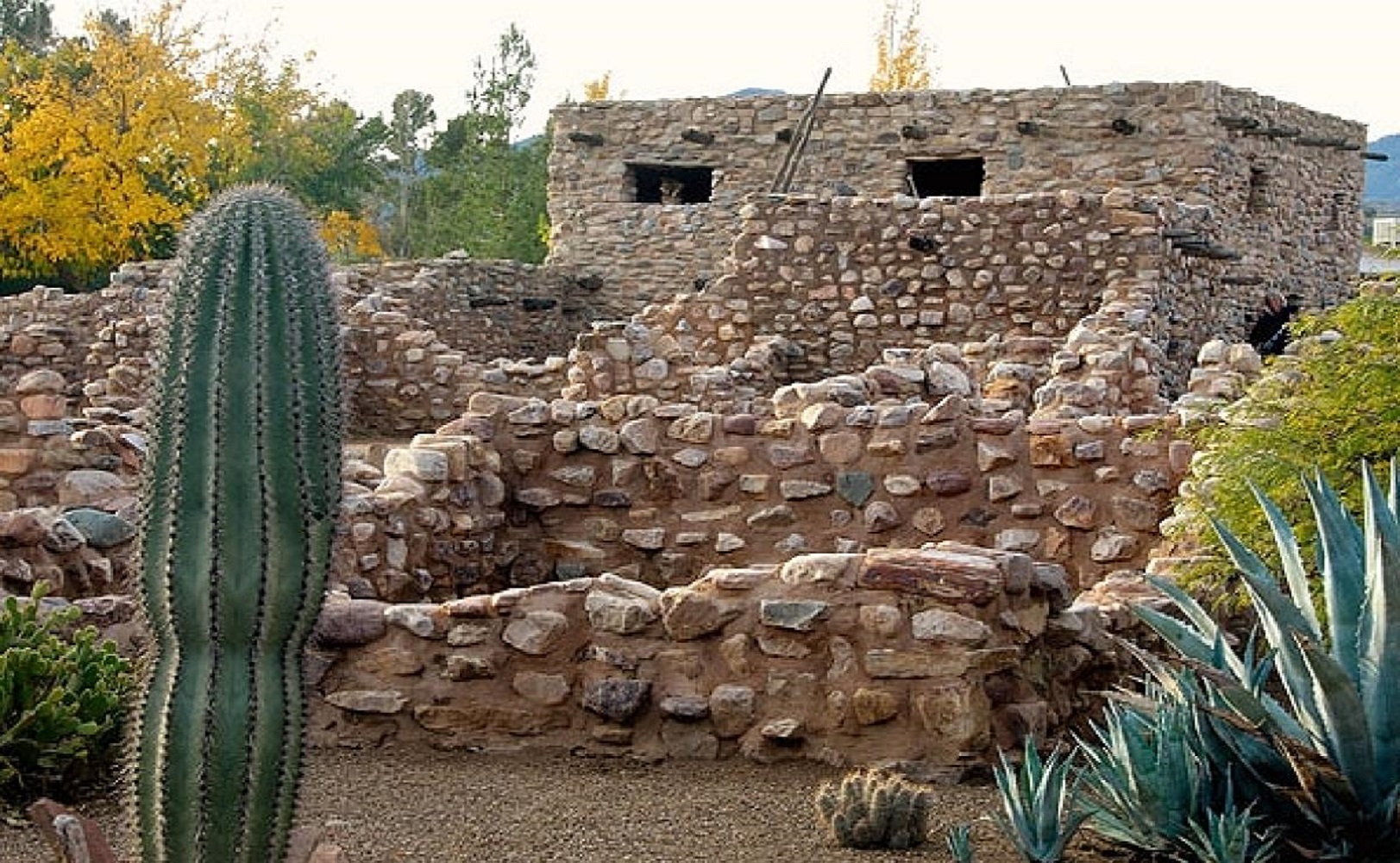
Besh-Ba-Gowah Archaeological Park and Museum
One mile southwest of the City of Globe, Arizona, stand the ruins of the ancient Salado people who occupied the site nearly 800 years ago.
This ancient village is known today as Besh Ba Gowah. The term was originally given by the Apaches to the early settlement of Globe. Roughly translated, the term means “place of metal.”
The partially restored ruins, along with the adjacent museum provide a fascinating glimpse at the lifestyle of the people who occupied this region over two centuries before Columbus discovered the “New World.”
Besh Ba Gowah offers visitors a chance to explore the ruins, a museum that houses a large collection of Salado pottery and artifacts, botanical gardens, and a gift shop.
Visit Website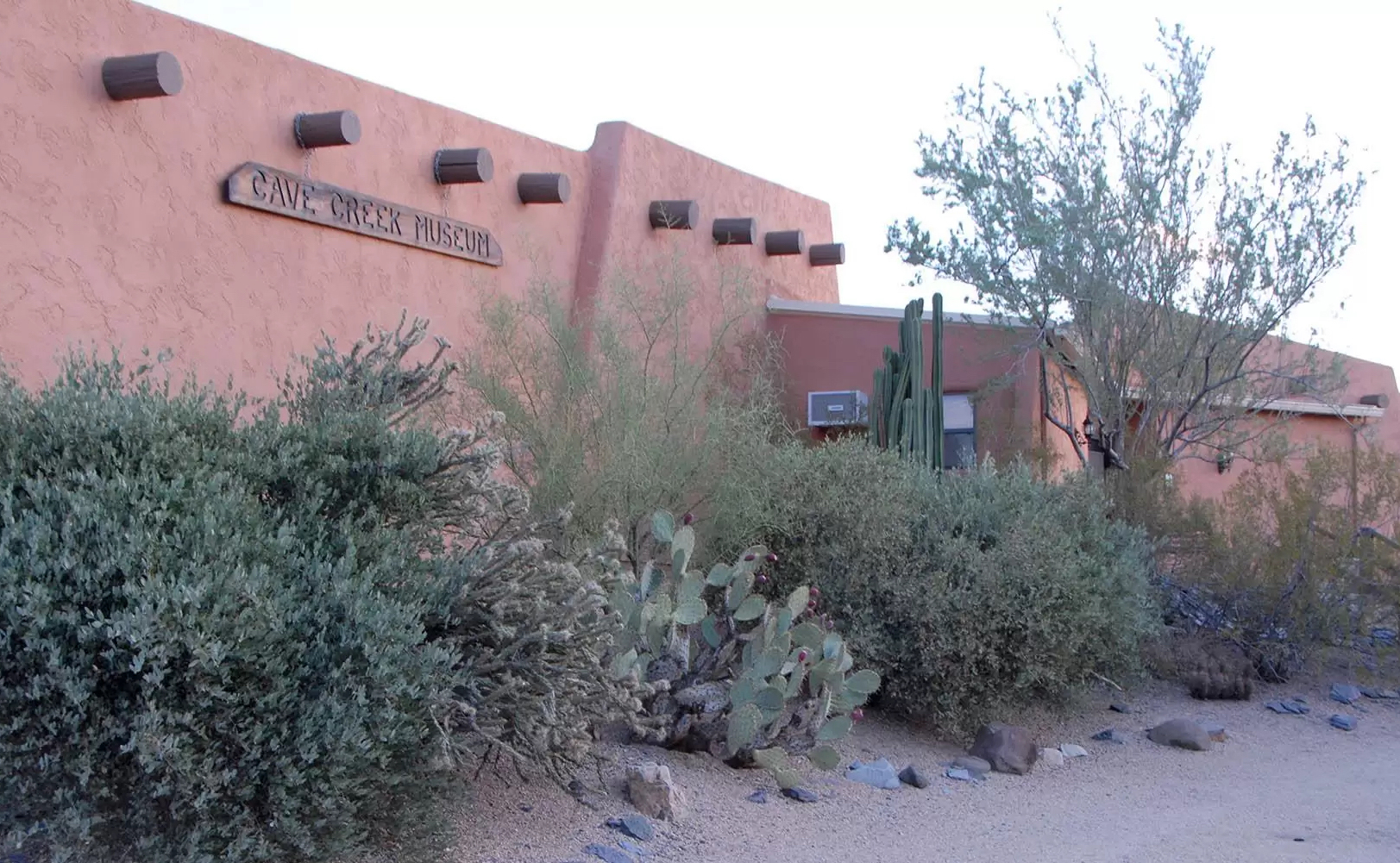
Cave Creek Museum
The Cave Creek Museum is located in Cave Creek, Arizona, and works to preserve the artifacts of the prehistory, history, culture and legacy of the Cave Creek Mining District and the Cave Creek/Carefree foothills area through education, research, and interpretive exhibits. The Cave Creek Museum is open October through May annually.
Visit Website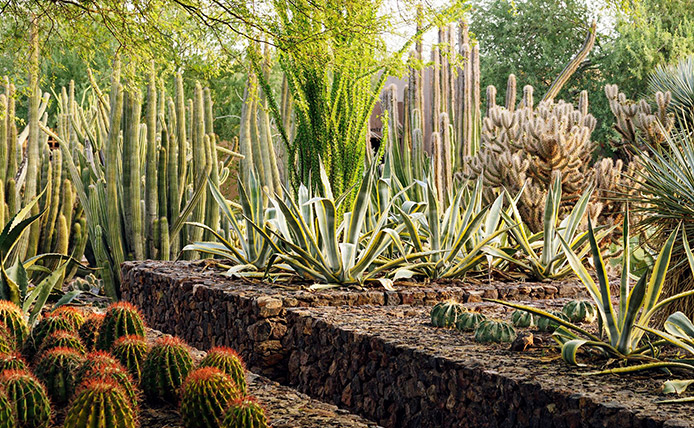
Desert Botanical Garden
Desert Botanical Garden is here to help you enjoy the beauty of the desert and care about it. With over 140 acres of garden, 55 of them under cultivation and more than 50,000 plant displays showcased in outdoor exhibits, the Desert Botanical Garden is one of only 24 botanical gardens accredited by the American Alliance of Museums.
Visit Website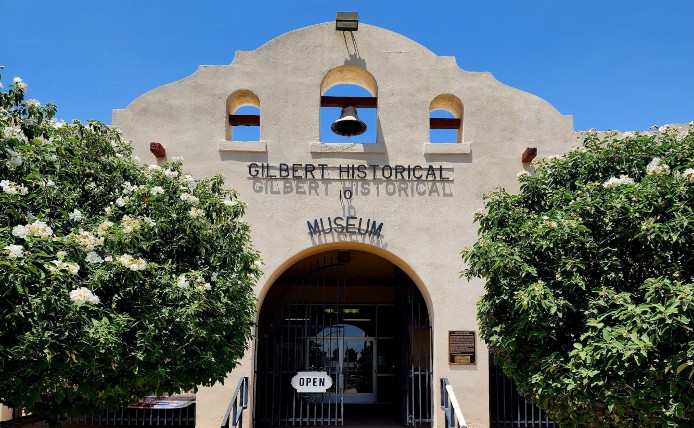
Gilbert Historical Museum
Originally opened as Gilbert Elementary School in 1913, the Gilbert Historical Museum, HD SOUTH, is the oldest building still standing in Gilbert and is the only one on the National Register of Historic Places.
Visit Website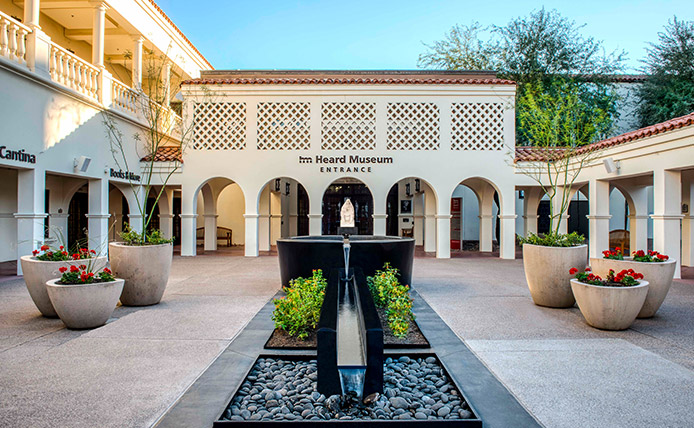
Heard Museum
Since its founding in 1929, the Heard Museum has grown in size and stature to become recognized internationally for the quality of its collections, world-class exhibitions, educational programming and its unmatched festivals. Dedicated to the advancement of American Indian art, the Heard successfully presents the stories of American Indian people from a first-person perspective, as well as exhibitions that showcase the beauty and vitality of traditional and contemporary art. The Heard Museum sets the standard for collaborating with American Indian artists and tribal communities to provide visitors with a distinctive perspective about the art of Native people, especially those from the Southwest.
Visit Website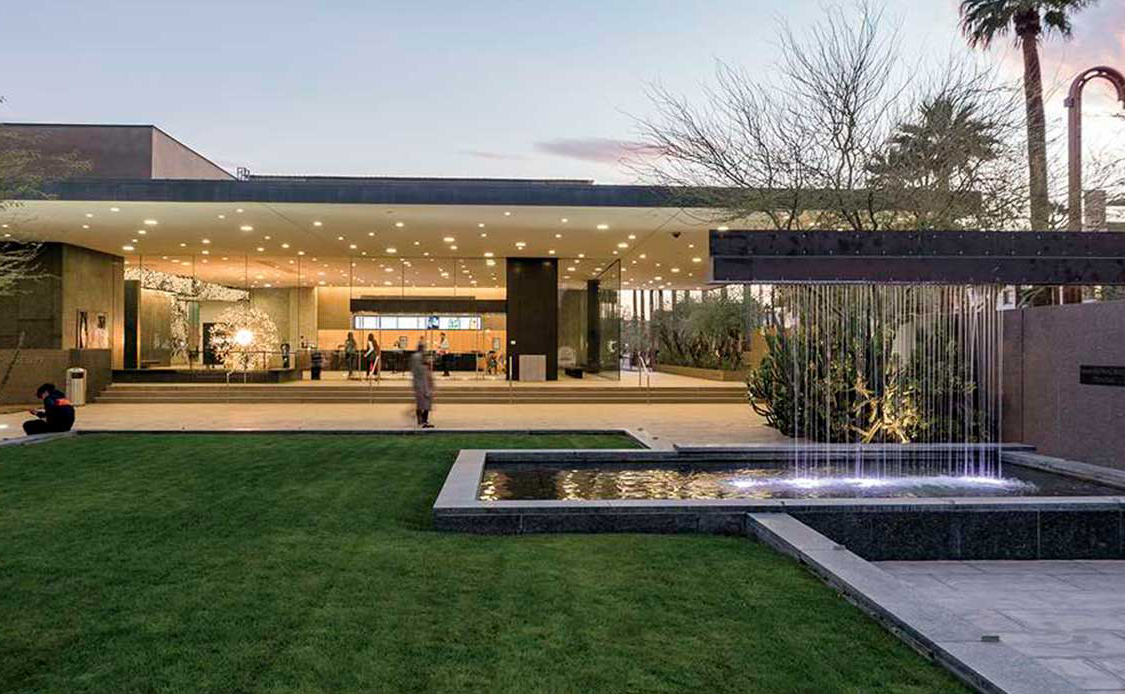
Phoenix Art Museum
Located in the Central Corridor of a bustling, desert metropolis, Phoenix Art Museum has opened doors to world-class exhibitions, its comprehensive collections, and meaningful moments of learning and connection for 60 years.
Visit Website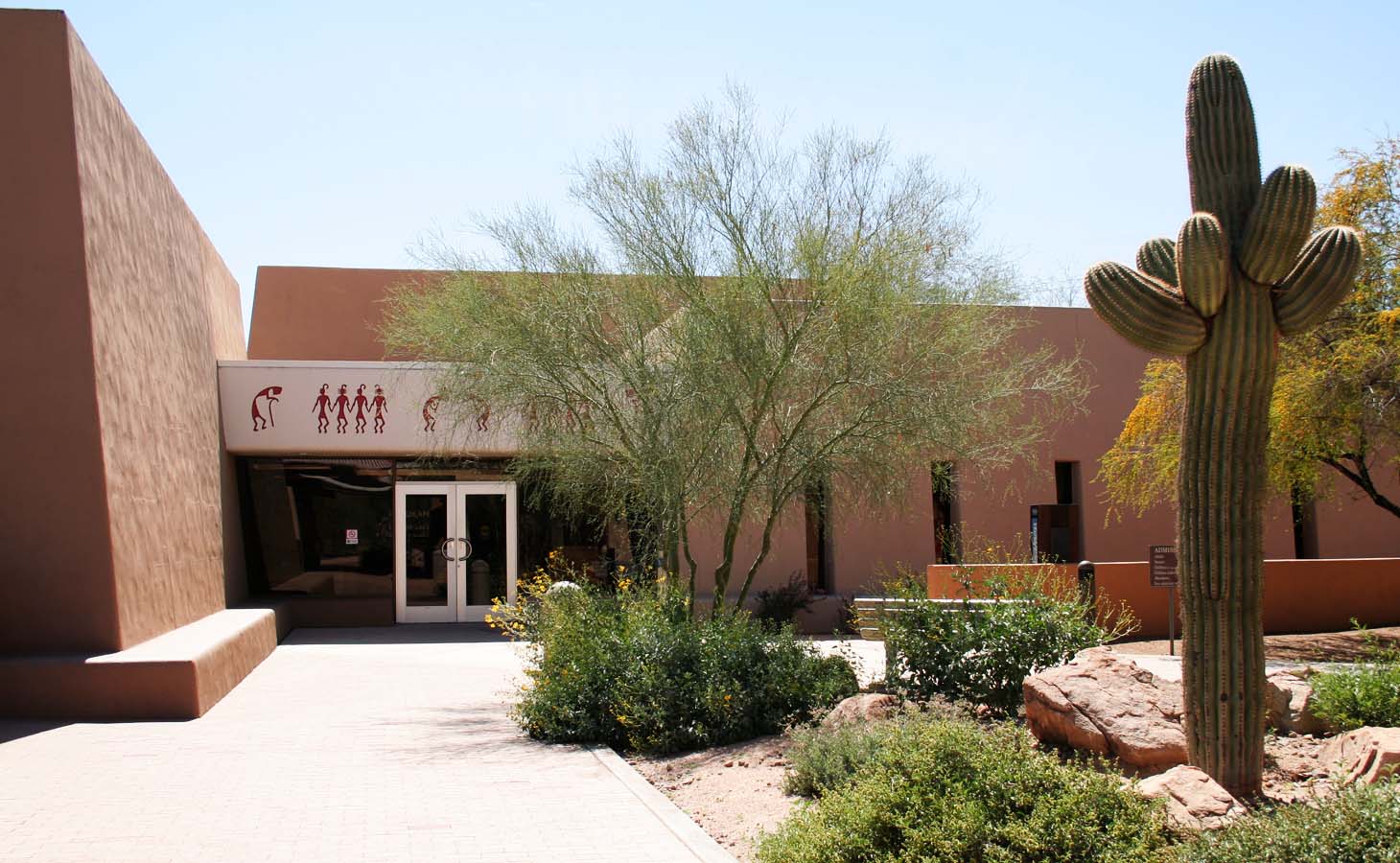
S'edav Va'aki Museum
S’edav Va’aki Museum opened in 1929 and consists of two-thirds of a mile of interpretive trail which travels around the remains of the prehistoric Hohokam people’s ballcourt and platform. The Museum is run by the City of Phoenix, and Phoenix was the first city in the nation to hire a City Archeologist to help curate the Musuem and site. The site appears to have been settled sometime before A.D. 500 and was abandoned around 1450 for reasons not quite known.
Visit Website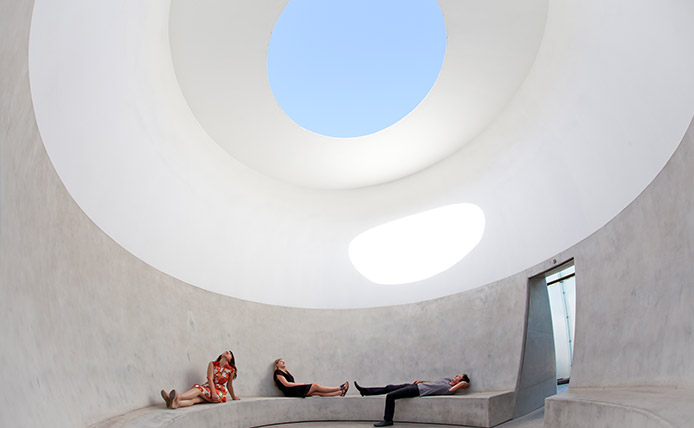
Scottsdale Museum of Contemporary Art
A museum located in Scottsdale, Arizona, dedicated to contemporary art, architecture, and design.
Visit Website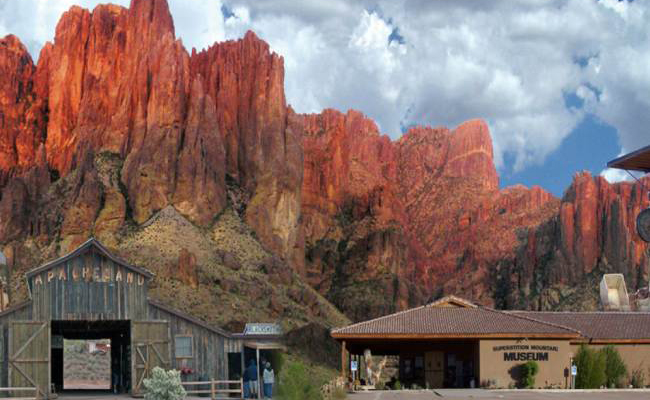
Superstition Mountain Museum
The Superstition Mountain Historical Society was formed on December 27, 1979. We are a non-profit organization, organized to collect and preserve the history and legends of Arizona’s Superstition Mountains, and to support research, education and publications involving the region. The Superstition Mountain Museum collects, preserves and displays the artifacts, history and folklore of the Superstition Mountains, Apache Junction and the surrounding region.
Visit Website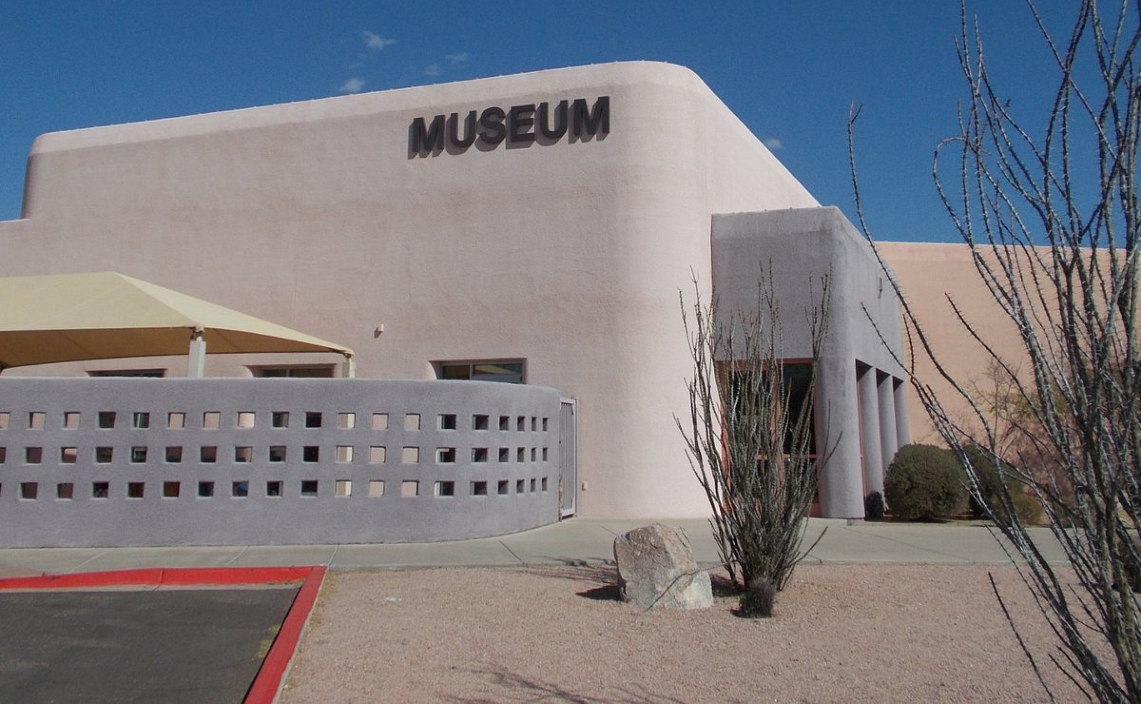
River of Time Museum & Exploration Center
Settlers in Arizona have depended on precious water from sources like the Verde River for centuries. The importance of water in the desert to us today, and the fascinating history of the Lower Verde Valley region is the focus of this interactive museum and exploration center.
Visit Website
Besh-Ba-Gowah Archaeological Park and Museum

Cave Creek Museum

Desert Botanical Garden

Gilbert Historical Museum

Heard Museum

Phoenix Art Museum

S'edav Va'aki Museum

Scottsdale Museum of Contemporary Art

Superstition Mountain Museum

River of Time Museum & Exploration Center
Southern Arizona
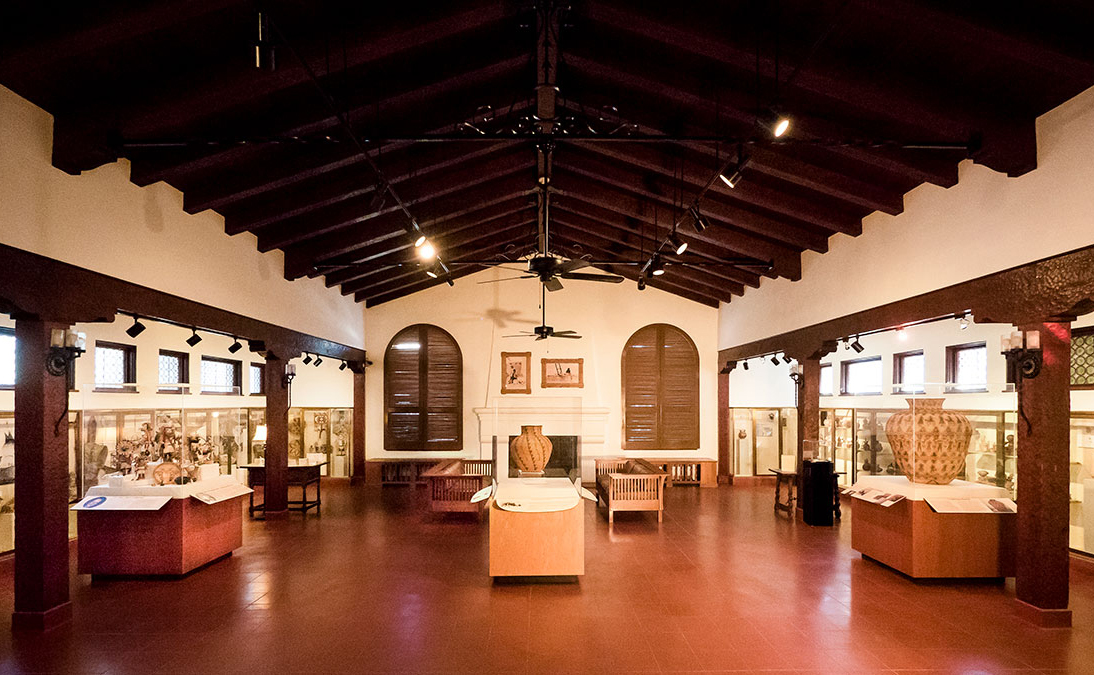
Amerind Museum
A museum, art gallery, and research center dedicated to archaeology, Native cultures, and Western art. Located in Dragoon, Arizona, and surrounded by the spectacular boulders of Texas Canyon.
Visit Website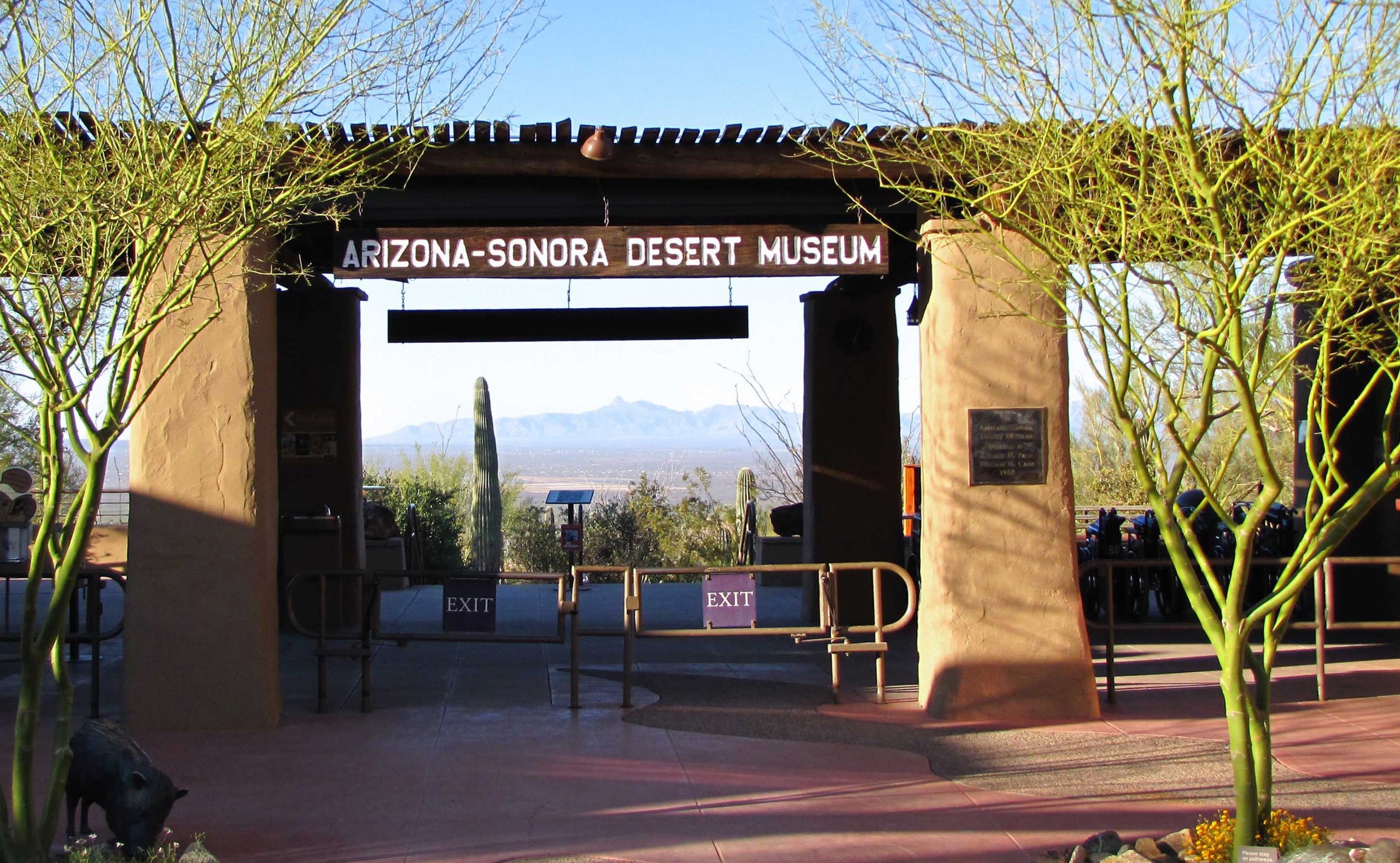
Arizona-Sonora Desert Museum
The Arizona-Sonora Desert Museum is a fusion experience: zoo, botanical garden, art gallery & classes, natural history museum, and aquarium.
Visit Website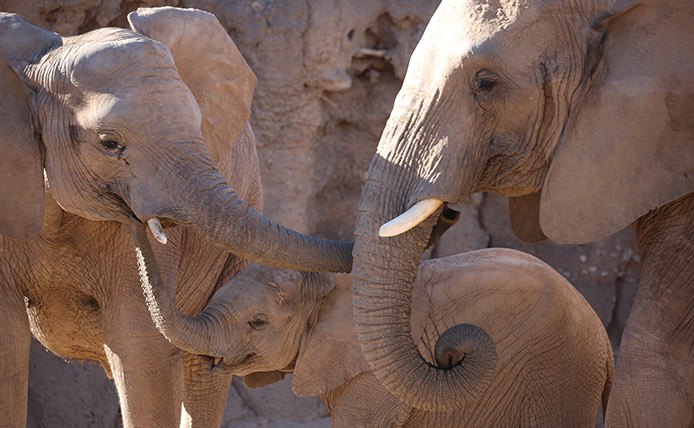
Reid Park Zoo
Reid Park Zoo’s mission is “to create inspiring memories for all by connecting people and animals to ensure the protection of wild animals and wild places.” The Zoo features over 300 animals including elephants, lions, anteaters, giraffe, rhino, zebra, squirrel monkeys, meerkats and more. There are also play areas for children and carousel & train rides.
Visit Website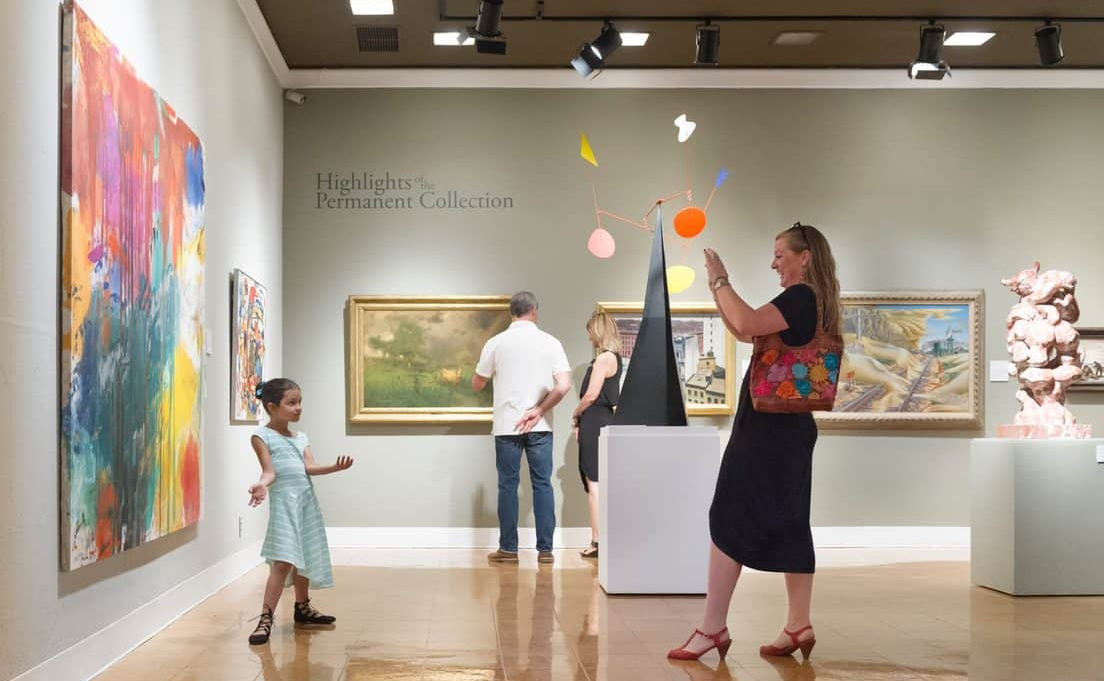
The University of Arizona Museum of Art
Scholarship and public engagement have remained equally vital parts of The University of Arizona Museum of Art’s mission. By preserving collections that showcase five centuries of artistic expression from around the world, the museum promotes greater appreciation for the inherent value of the visual arts. The museum houses works by renowned artists such as Georgia O’Keeffe, Jackson Pollock, and Elisabeth Vigee-Lebrun. Beyond the gallery walls: More than 40 public sculptures and integrated artworks speckle the surrounding area, providing small discoveries for visitors willing to explore the campus.
Visit Website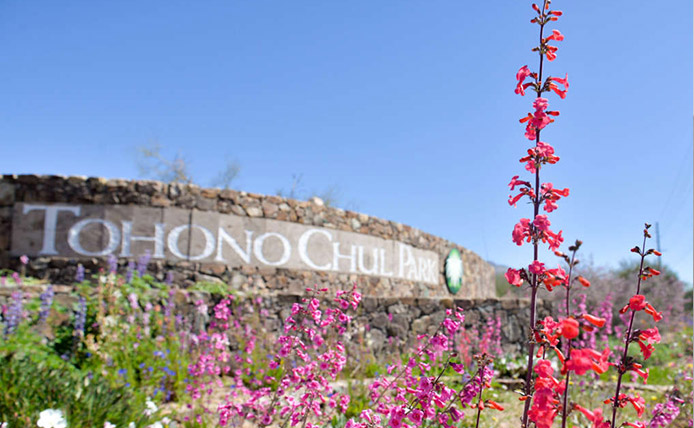
Tohono Chul
Embrace the authentic beauty of the Sonoran Desert year-round at Tohono Chul, Tucson’s charming crossroads of nature, art and culture.
Visit Website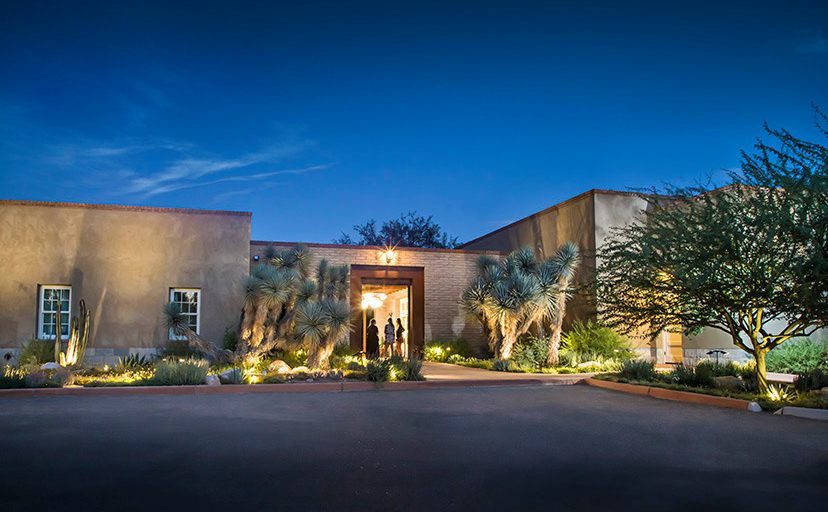
Tucson Botanical Gardens
The Tucson Botanical Gardens connects people with plants and nature through art, science, history and culture.
Visit Website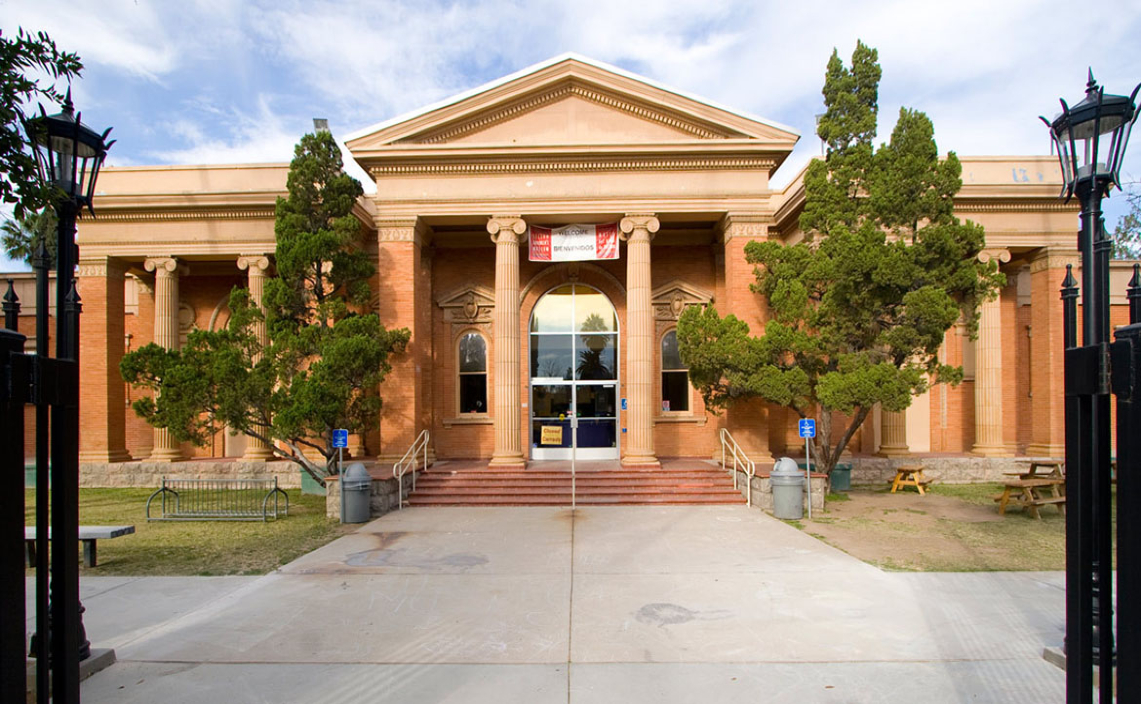
Children's Museum Tucson
Located in the historic Carnegie Library, CMT has 17,000 square feet space with 10 indoor exhibits and a beautiful outdoor courtyard with lots of space for kids to play and imagine. Their exhibits and programs are geared toward kids up to 10 years old.
Visit Website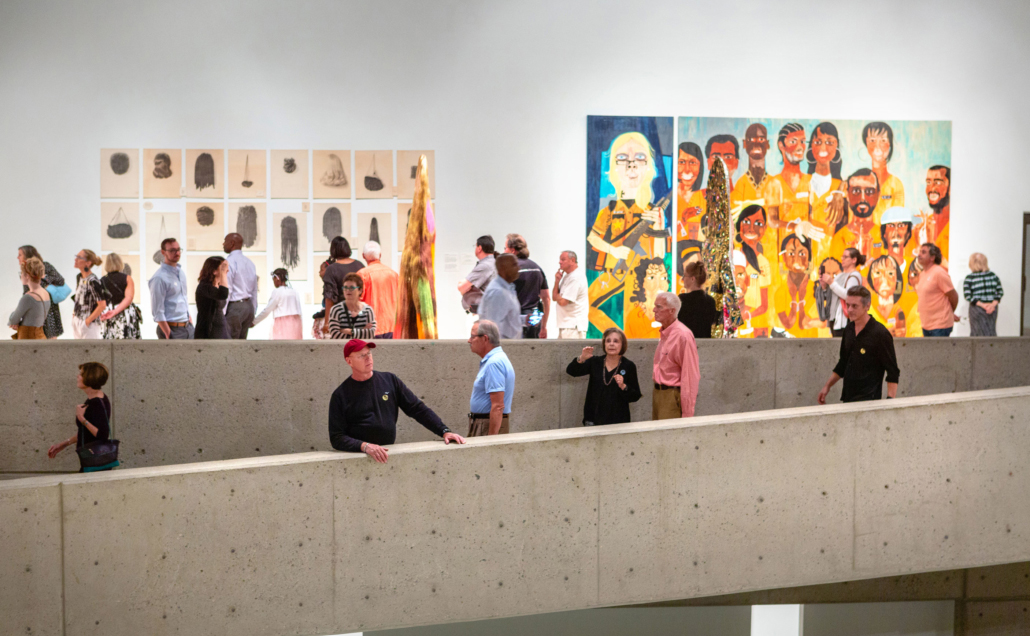
Tucson Museum of Art
The Tucson Museum of Art and Historic Block, a regional museum and center for artistic inquiry and appreciation, seeks to inspire dynamic human experiences, create a passion for the visual arts and celebrate Southern Arizona’s rich and diverse culture.
Visit Website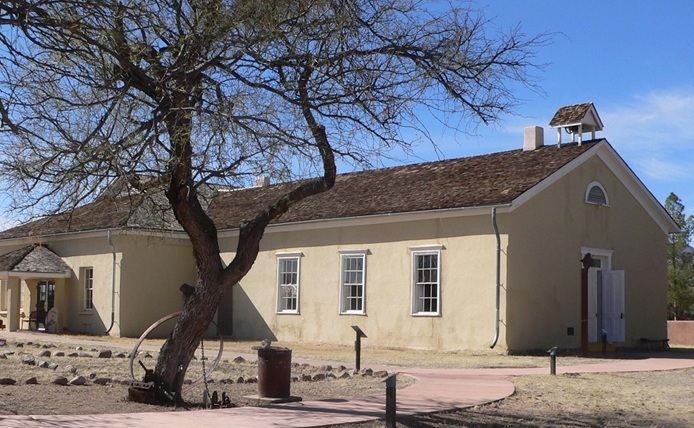
Tubac Presidio
Tubac Presidio State Historic Park has the distinction of being known as Arizona’s first state park; however, in realistic terms, it was the Parks Boards’ second acquisition. The inaugural Parks Board recognized that Tubac, more than any other site in the state, was worthy of state park status because of the tremendous and continuous contributions it made to the state’s development. Tubac played an interesting and exciting role from archaeological times through the Spanish contact and colonization, Mexican occupation, and the westward and territorial expansion periods.
Visit Website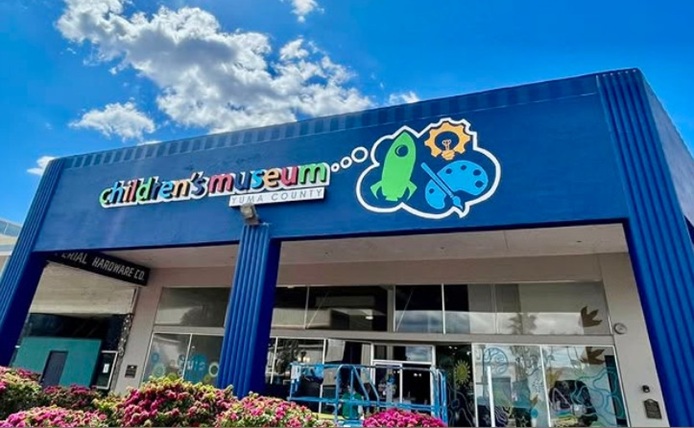
Children's Museum of Yuma County
The Children’s Musuem of Yuma County wants children all across Yuma to play, explore, and imagine. They care about creating exhibits and programs that emphasize hands-on engagement and learning through experience, employing play as a tool to spark the inherent creativity, curiosity, and imagination of children.
Visit Website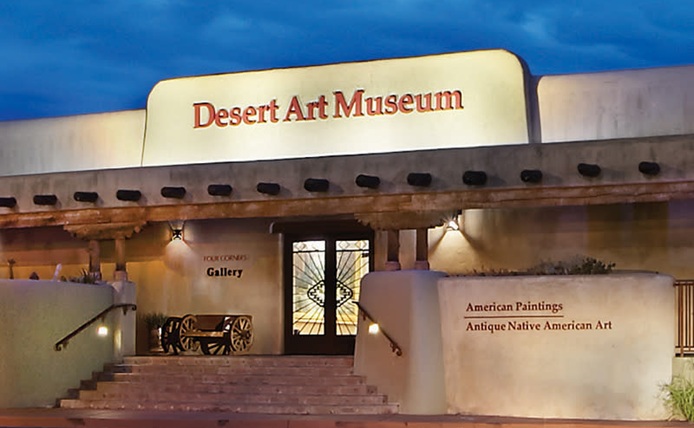
Tucson Desert Art Museum
The Tucson Desert Art Museum’s mission is to display art and artifacts of the Desert Southwest and surrounding regions, and educate guests about the history, cultures, and art of the region.
Visit Website
Amerind Museum

Arizona-Sonora Desert Museum

Reid Park Zoo

The University of Arizona Museum of Art

Tohono Chul

Tucson Botanical Gardens

Children's Museum Tucson

Tucson Museum of Art

Tubac Presidio

Children's Museum of Yuma County

Tucson Desert Art Museum
Northern Arizona
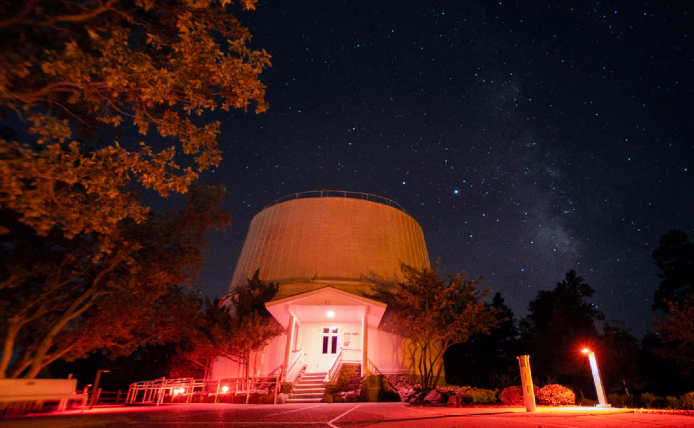
Lowell Observatory
For more than 125 years, Lowell Observatory has connected people to the universe, through education, exploration and discovery. The mission of Lowell Observatory is to pursue the study of astronomy, especially the study of our solar system and its evolution; to conduct pure research in astronomical phenomena; and to maintain quality public education and outreach programs to bring the results of astronomical research to the general public.
Visit Website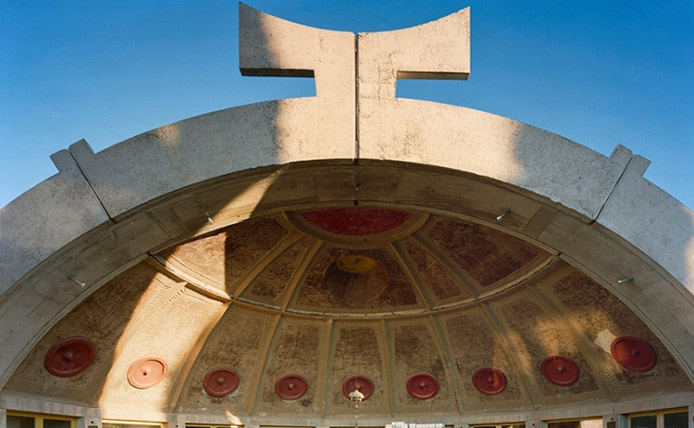
Arcosanti
In 1970, The Cosanti Foundation began building Arcosanti, an experimental town in the high desert of Arizona, 70 miles north of metropolitan Phoenix. An ambitious project envisioned as an experiment in living frugally and with a limited environmental footprint, Arcosanti is an attempt at a prototype arcology, integrating the design of architecture with respect to ecology. Based on a set of four core values that include Frugality and Resourcefulness, Ecological Accountability, Experiential Learning, and Leaving a Limited Footprint. The Cosanti Foundation operates Arcosanti as a counterpoint to mass consumerism, urban sprawl, unchecked consumption of natural resources, and social isolation. Visitors can schedule and reserve their spots online at www.arcosanti.org/tours after they have checked out their Culture Pass.
Visit Website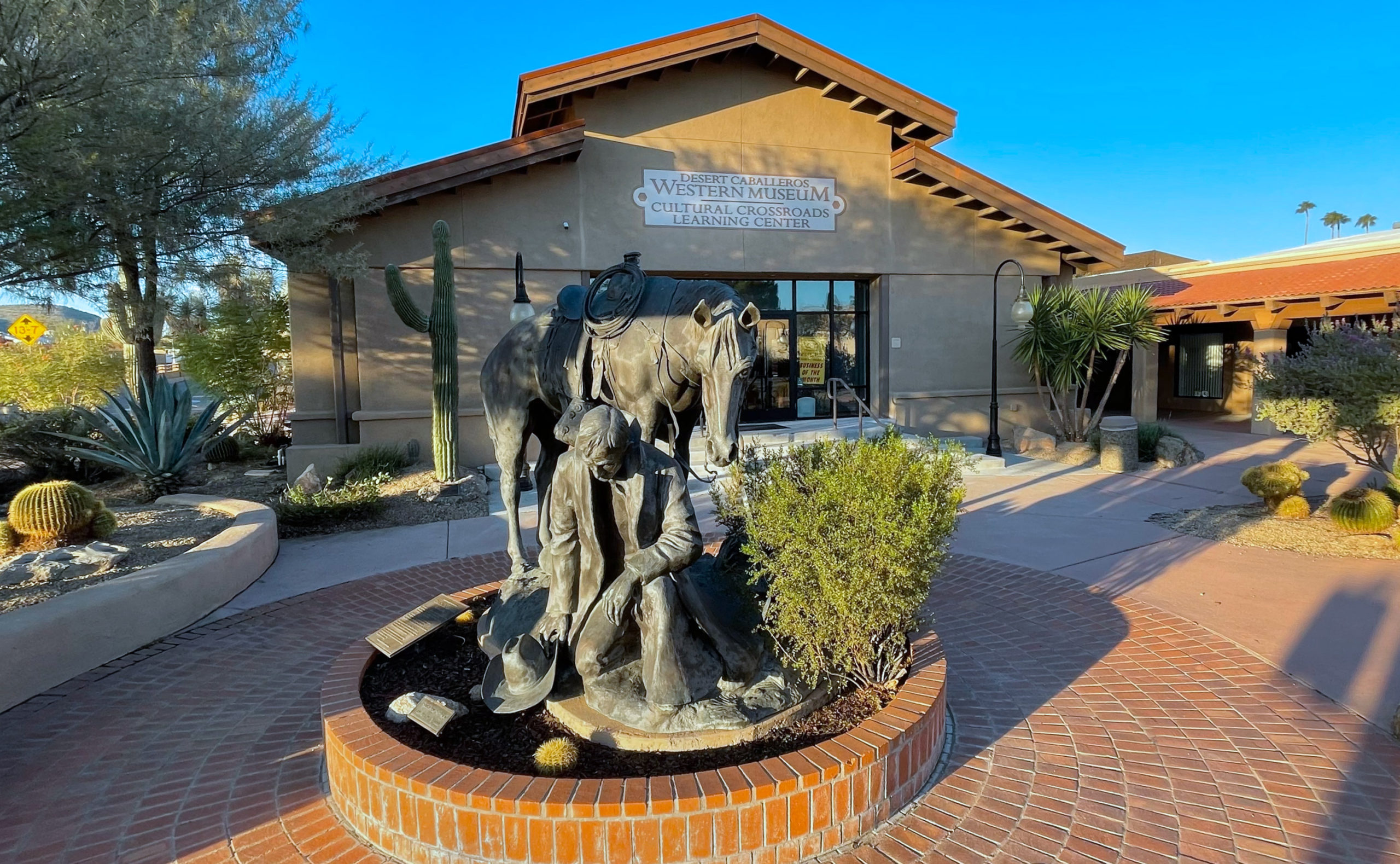
Desert Caballeros Western Museum
The Desert Caballeros Western Museum welcomes and enriches diverse audiences by inspiring an appreciation of the art and history of the American West through creative exhibitions and educational programs that preserve the West’s cultural legacy.
Visit Website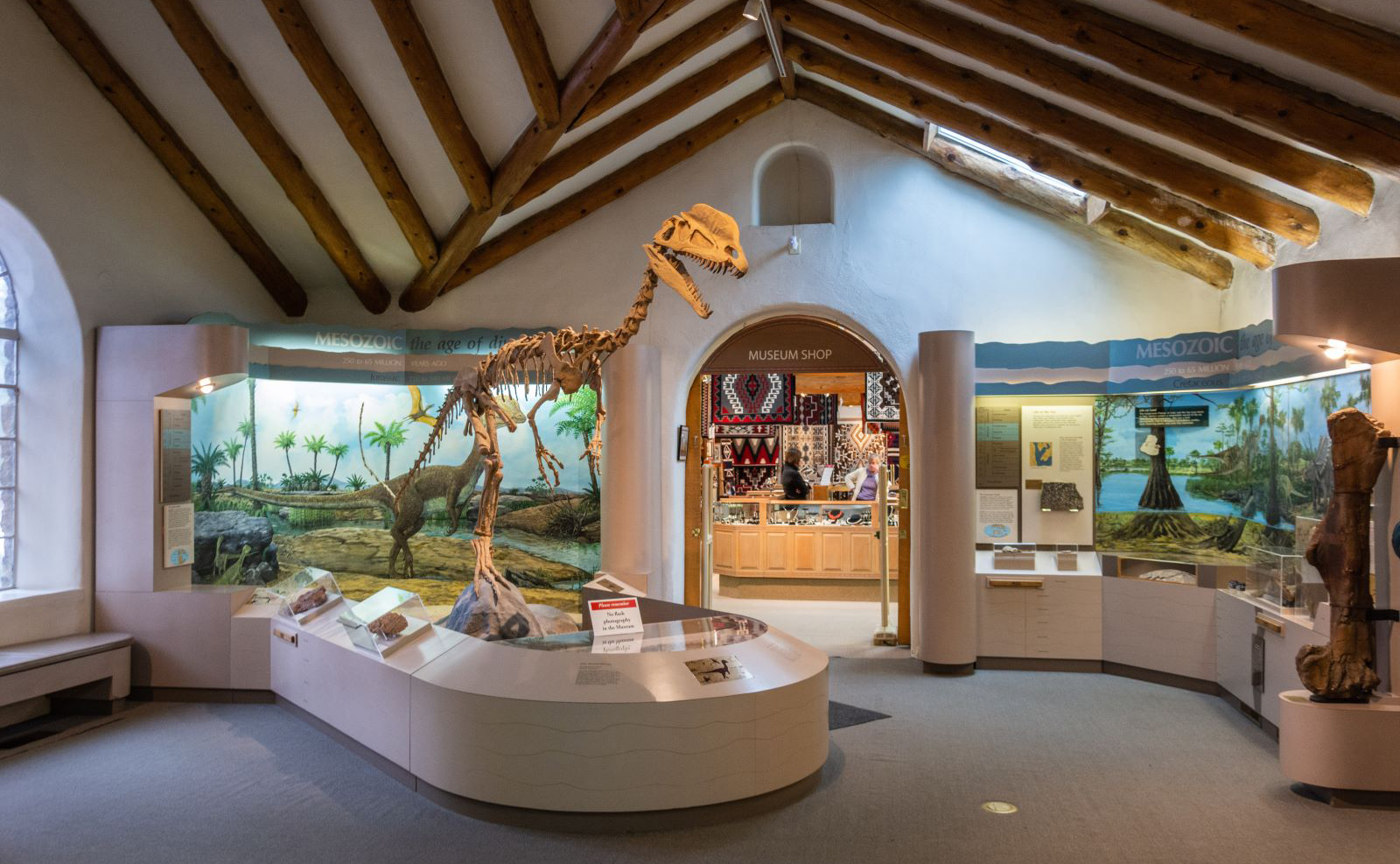
Museum of Northern Arizona
The Museum of Northern Arizona (MNA) is a private, non-profit, educational institution located in Flagstaff, Arizona at the base of the beautiful San Francisco Peaks. The Museum was founded in 1928 by a group of Flagstaff citizens to protect and preserve the natural and cultural heritage of northern Arizona through research, collections, conservation, and education. The Museum has evolved into a regional center of learning with collections, exhibits, educational programs, publications, and research projects that serve thousands of people each year.
Visit Website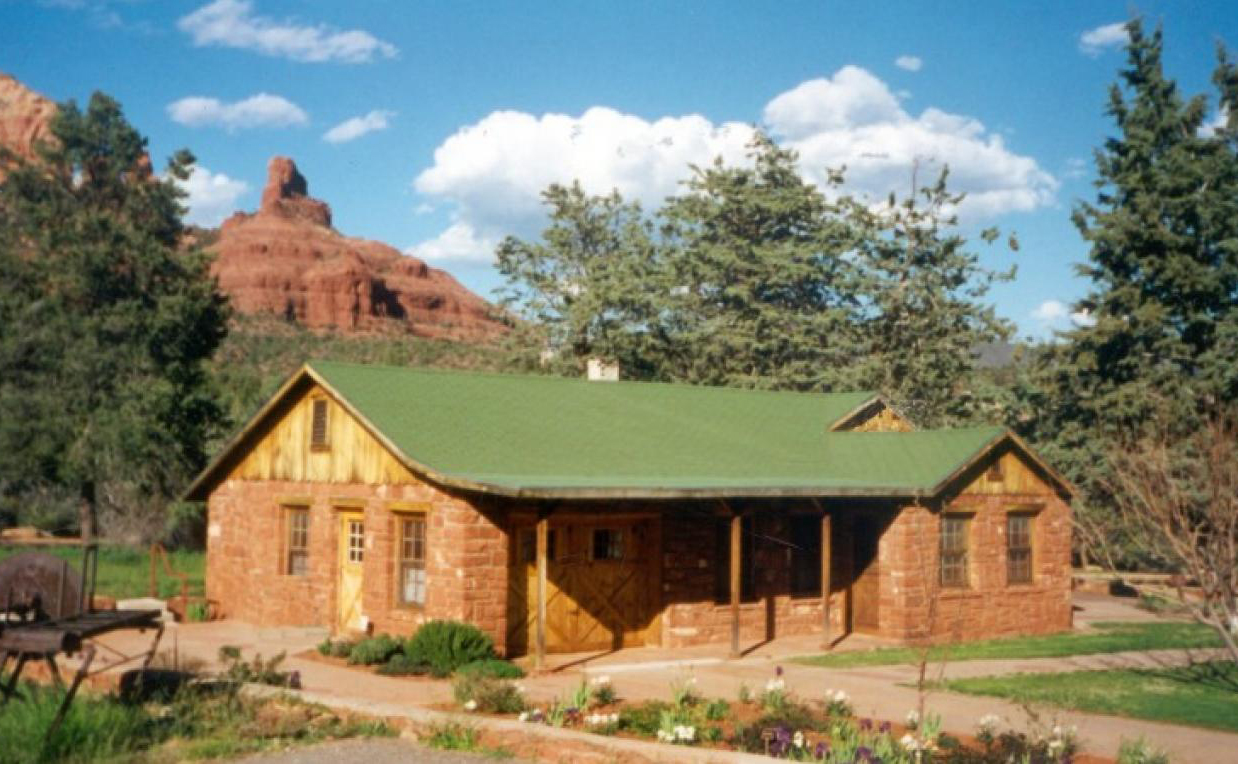
Sedona Heritage Museum
The Sedona Heritage Museum exhibits include local history of pioneers, western film-making in Sedona, cowboy and ranch life, vintage vehicles, orchard and fruit processing equipment, art, and wine-making. Pick up something special in the Gift Shop, take photos in the Kids’ Korral, or enjoy an outdoor picnic with beautiful views.
Visit Website
Sharlot Hall Museum
Sharlot Hall Museum is named after its founder, Sharlot Mabridth Hall (1870-1943), who became well-known as a poet, activist, politician, and Arizona’s first female Territorial Historian. She was one of the West’s most remarkable women. In 1907, she saw the need to save Arizona’s history and planned to develop a museum and began to collect both indigenous and pioneer artifacts. In 1927, she began restoring the first Territorial Governor’s residence and offices and moved her extensive collection of artifacts and documents opening it as the “Gubernatorial Mansion Museum” in 1928. After her death in 1943, the museum was named in her honor.
Visit Website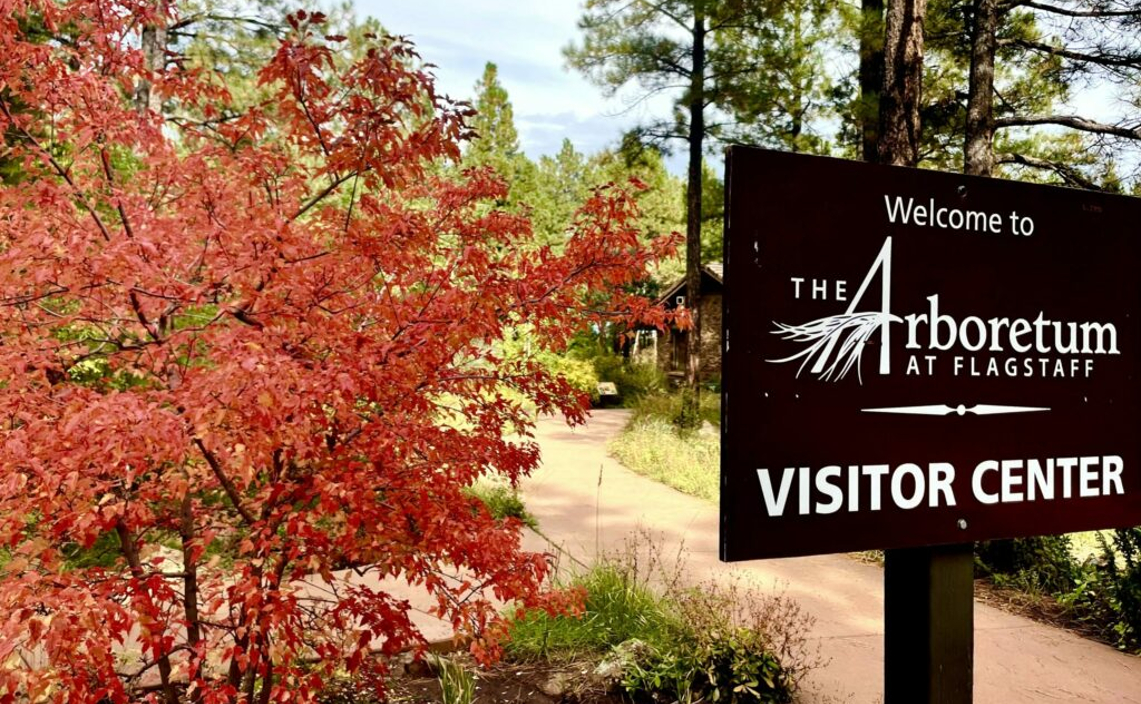
The Arboretum at Flagstaff
The Arboretum at Flagstaff was founded by Frances McAllister in 1981 as a private nonprofit organization under the official name ‘The Transition Zone Horticultural Institute.’ While research was the original primary focus, over the years it has become known as a destination for local and out-of-town visitors who want to learn more about the native plants and animals found in northern Arizona, and as a wonderful venue for a wide variety of events and educational programs.
Visit Website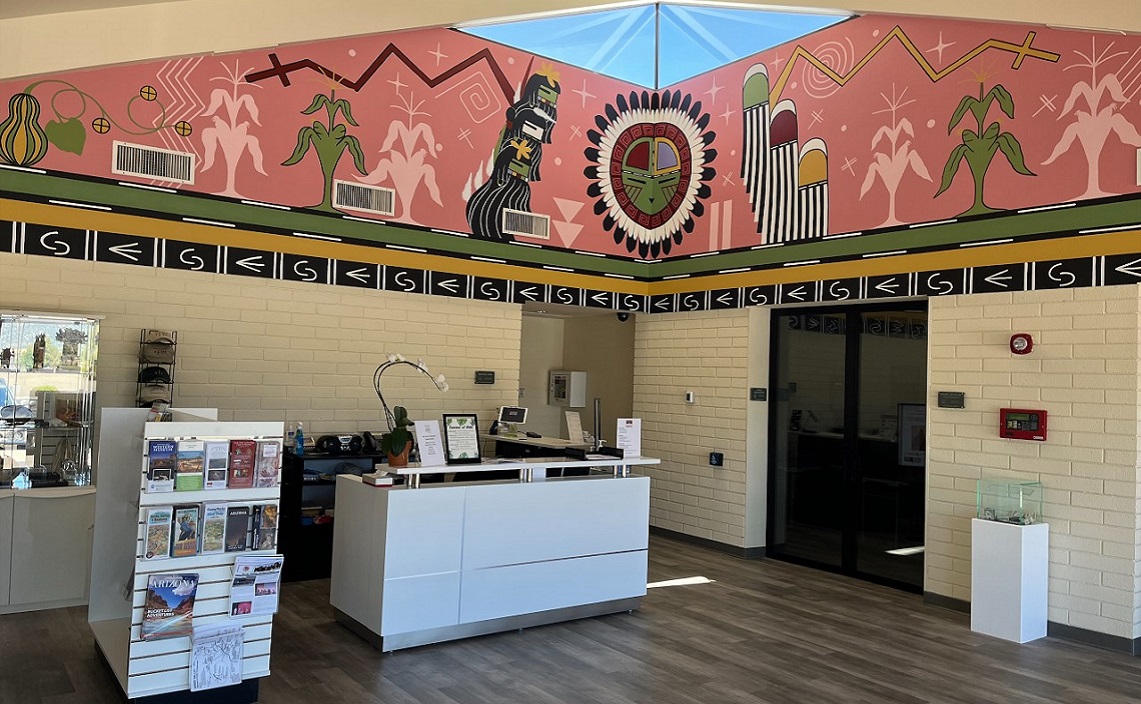
Verde Valley Archaeology Center
The mission of the Verde Valley Archaeology Center is to preserve archaeological sites and collections, to curate the collections locally, and to make them available for research and education; to develop partnerships with American Indians, cultural groups and the communities we serve; and to foster a deeper understanding of prehistory and American Indian history in the Verde Valley through the science of archaeology. The Center is the only organization in the Verde Valley region dedicated to the care, management and use (‘curation’) of archaeological artifacts found throughout the Verde Valley region.
Visit Website
Lowell Observatory

Arcosanti

Desert Caballeros Western Museum

Museum of Northern Arizona

Sedona Heritage Museum

Sharlot Hall Museum

The Arboretum at Flagstaff

Verde Valley Archaeology Center
Culture Passes are currently available for check out by local residents with a library card at over 150 public and academic libraries throughout the state of Arizona. Contact your local library to see if they host the program!
If you are an arts and culture institution in the state of Arizona and are interested in participating in the Culture Pass program, please email our Communications and Culture Pass Manager, Anne Osborne, at aosborne@act1az.org.
THANK YOU TO OUR SPONSOR

